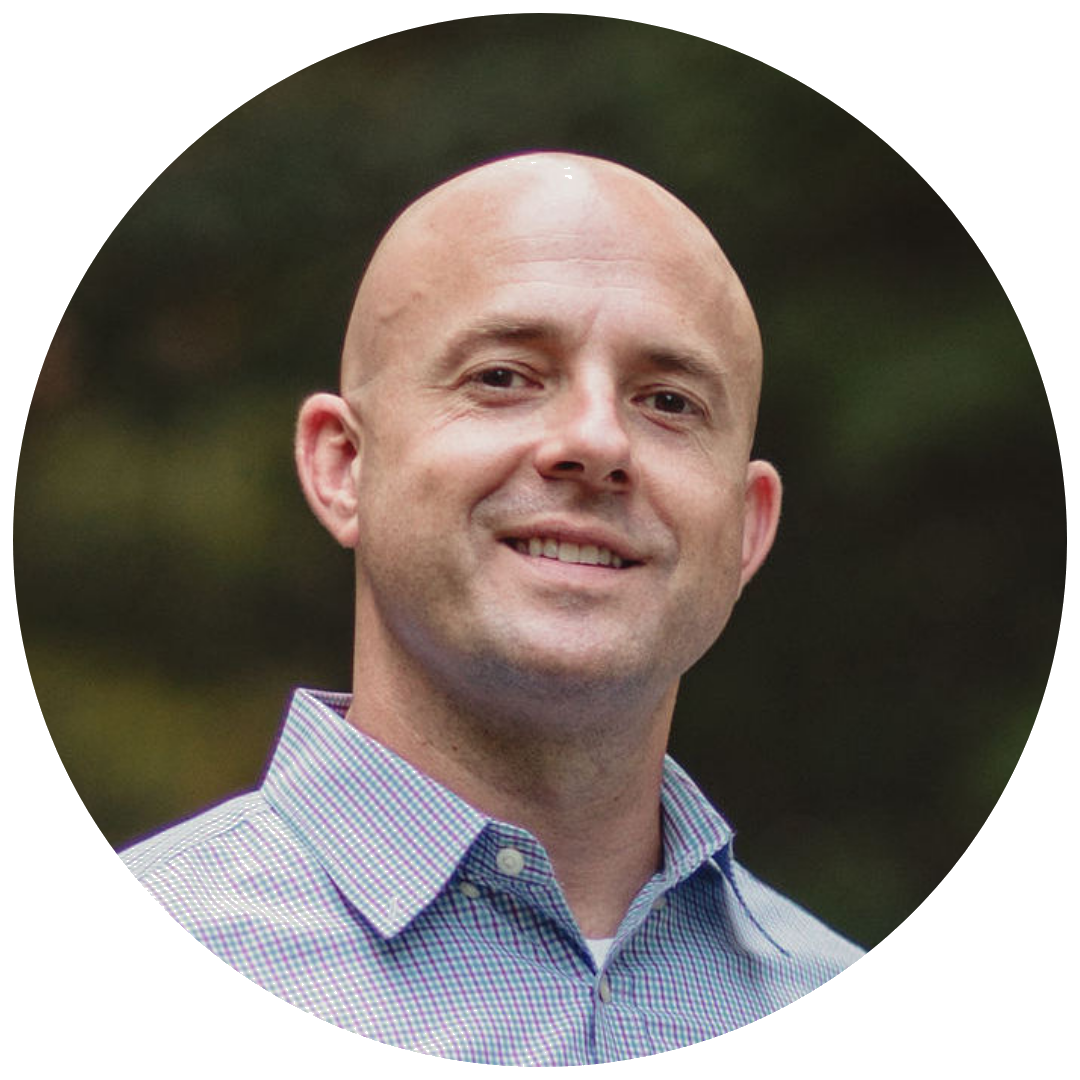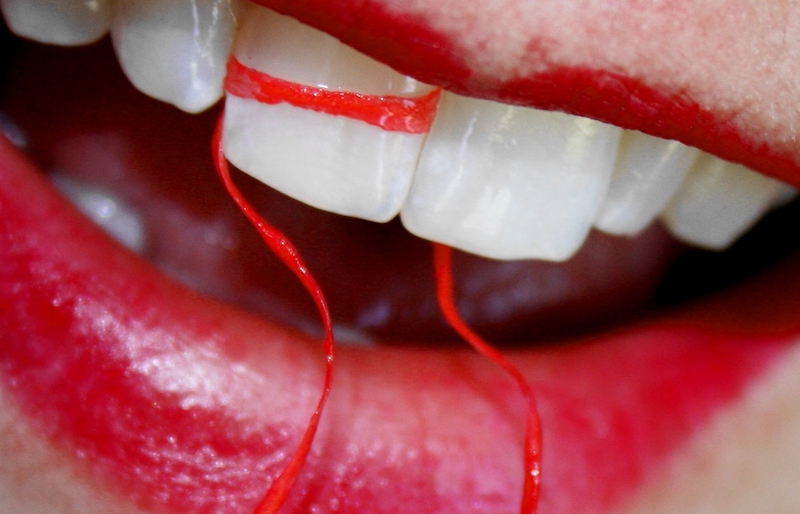
Dentists don’t ask this question just to make conversation. Things like a good diet are important, and flossing is a critical part of oral healthcare (despite its lack of acceptance). The American Dental Association says that only about 50% of Americans floss every day and as many as 20% don’t floss…at all!
Why is that a problem?
Brushing your teeth is superb at cleaning the outer surfaces, which is important, and mouthwash is great at killing harmful bacteria but only flossing can effectively remove bits of food and tartar that have been lodged in between your teeth.
The whole idea with oral healthcare is to destroy bacteria that breaks down the enamel of your teeth and harms your gums. If you don’t floss, the bits of food you leave between your teeth become safe havens for bacteria to grow.
In addition to harming your teeth and setting you up for future oral health issues, rotting food doesn’t smell good and can therefore have negative effects on your breath.
Why don’t people floss?
Good question! Unfortunately, the answer isn’t plain and simple. The leading theory is that it becomes uncomfortable, even painful, after gingivitis sets in. Once that happens, most people just give up on flossing.
If that sounds like you, the trick is to make flossing a habit again. Typically the pain and discomfort go away after just a week or two of regular flossing.
That being said, improper flossing can also cause some pain and discomfort, as well as unintended damage to the gums. Remember that the goal of flossing is primarily to scrape food off the sides of the teeth, not necessarily the gum. Don’t drag the floss against your gums or you could be setting yourself up for some unnecessary suffering.
Learn more about how you can maintain your dental heal by reaching out to Dr. Jesse Harris and his team at East Coast Endodontics.

About the Author
Dr. Harris has been a practicing dentist since 2005. In 2012, he received his Master’s of Science in Dentistry and a certificate in Endodontics. He founded East Coast Endodontics shortly after receiving his master’s degree. He also currently holds a part-time position as a Clinical Assistant Professor for the Endodontics department at Virginia Commonwealth University. View his full bio.

